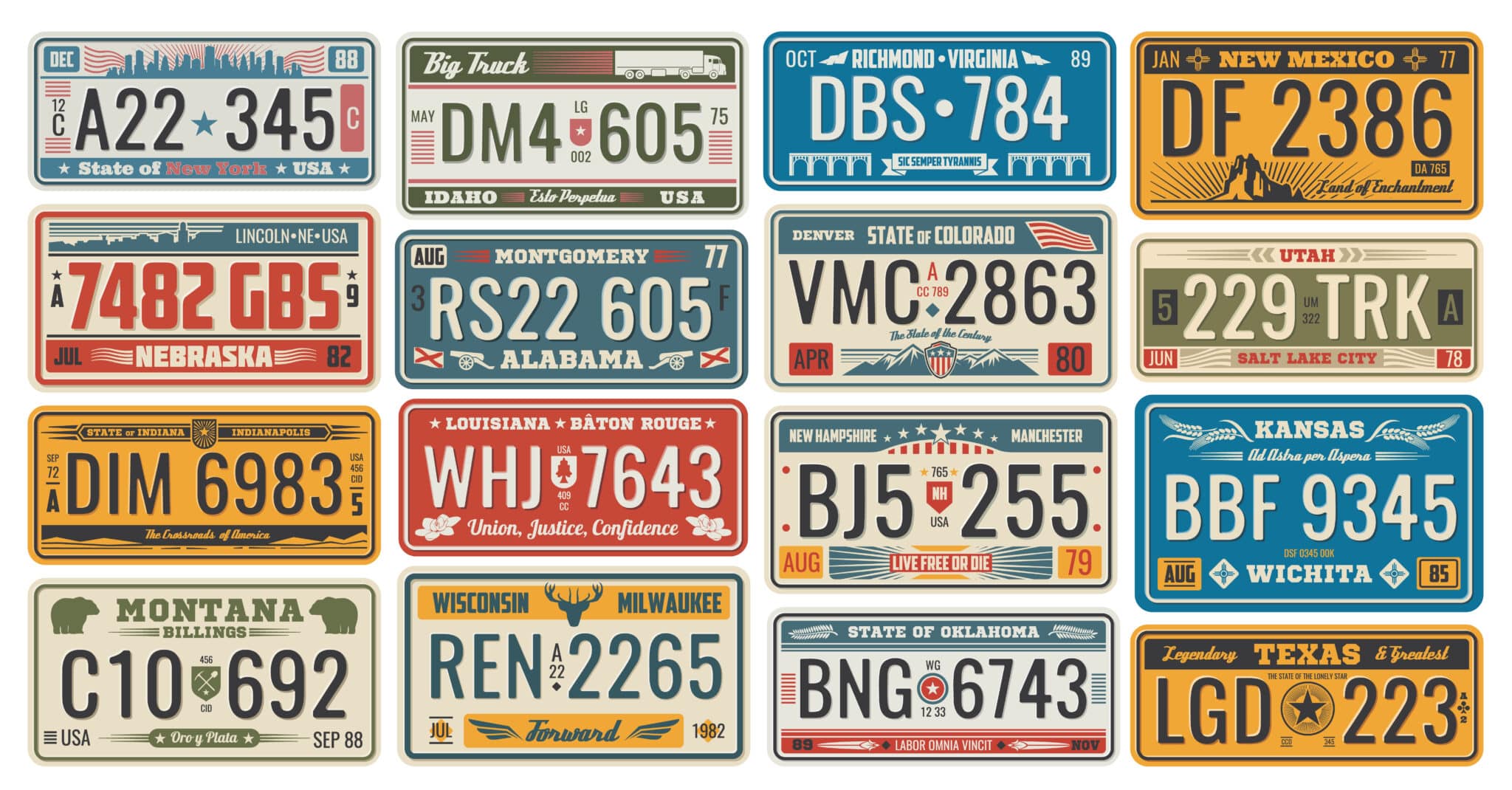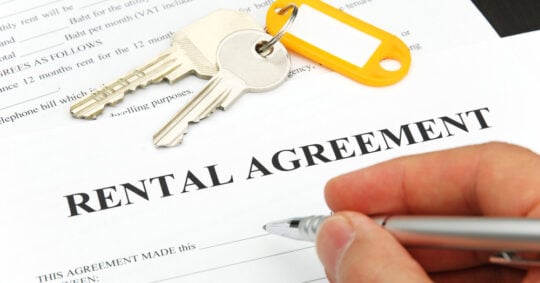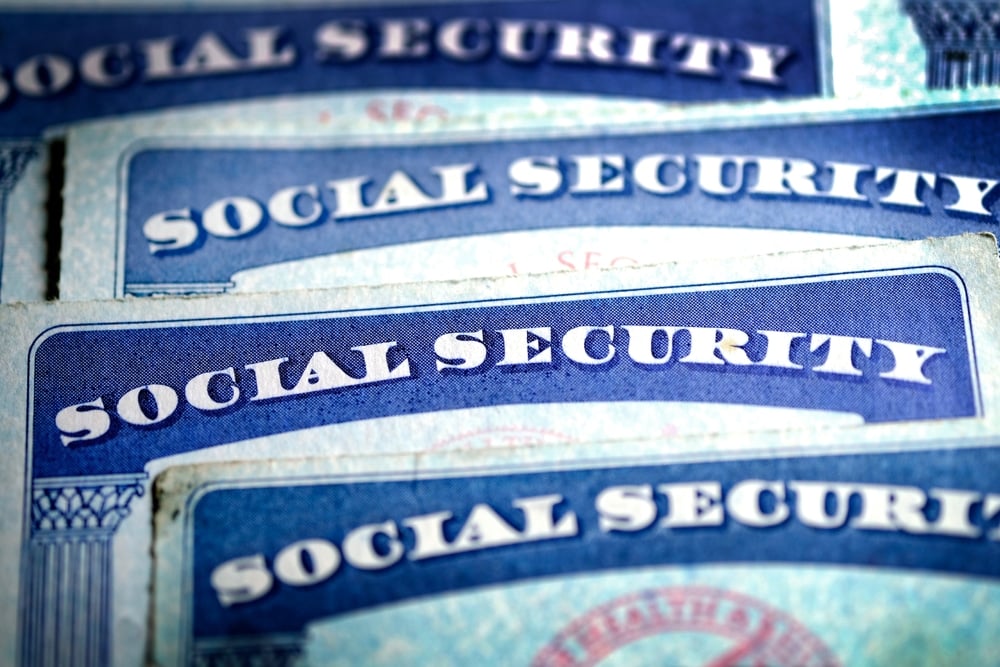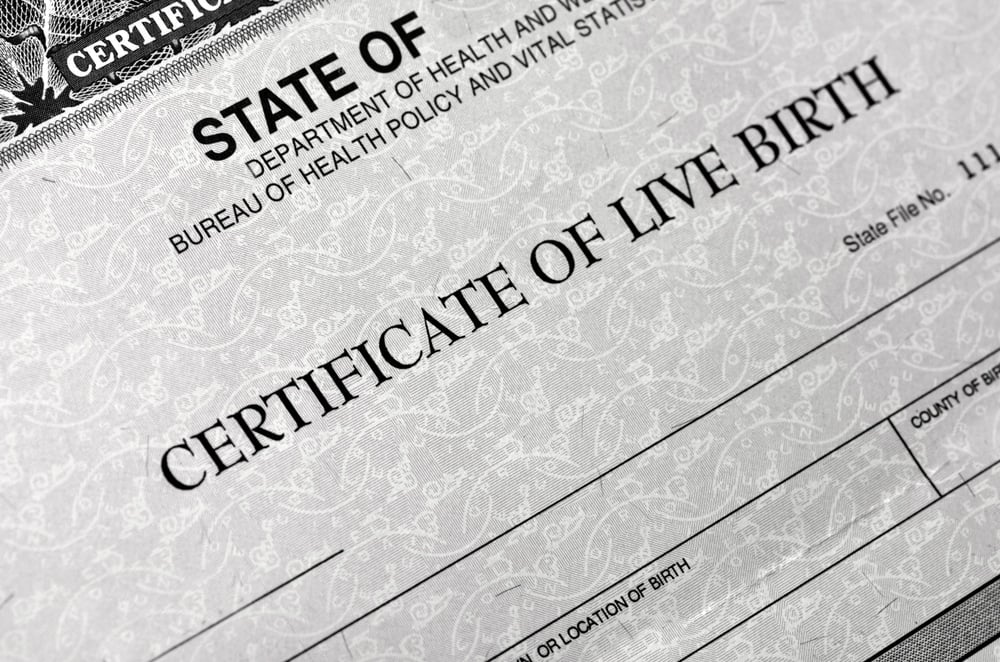Performing an Address Lookup by License Plate Number
Cindy Ellis - January 18, 2023

Have you ever been curious about whether you could find someone’s information with just their license plate number? Maybe you were in a fender bender and the other car just dashed off without exchanging their information with you. Or maybe you’ve noticed a new car in your neighborhood, and you want to know whether they’re a new neighbor, a municipal worker, or someone you should be wary of. So, perhaps you’ve taken notice of their license plate and are wondering if you can do something with it.
The DMV keeps a record of cars, license plates, and the owners registered to those vehicles, so some information is available, but there are limits to who can access it and why. In this article, we’ll help you understand the legal protections in place and what they mean for you.
Can You Obtain Info from a License Plate Number?
In 1993, the United States passed the Driver’s Privacy Protection Act. The act was designed to help protect individuals from being stalked and harassed due to people being able to find their personal information via their license plates. Of course, this information is still collected. There are several ways to obtain someone’s address via their license number.
While it can vary by state, most DMVs have a look-up service that allows you to fill out a form and submit a license plate number to find some information about the vehicle and driver. Your reason for seeking this information will be reviewed and the DMV will decide whether to grant your request.
Acceptable Reasons for Requesting Info
When the Driver’s Privacy Protection Act was enacted, it came along with a full list of acceptable reasons for a person to use a license plate to search for someone’s contact information. This is to protect drivers from stalkers or those seeking to carry out violence due to road rage. If you request information for non-legitimate reasons, your request can be denied or you can face legal repercussions.
Reasons that are considered legitimate under this act include notifying drivers whose car has been towed, verifying information for insurance or employment purposes, or in cases of theft. Most of the reasons on the list are official, rather than personal in nature and the full list is available here.
It’s important to ensure that your reasons are legitimate and legally backed to protect yourself. But you should also recognize that this law is in place to protect all vehicle owners from potential harm, including you.
Third-Party Search Sites
There are also third-party sites that provide look-up services. While the sites will make you check a box promising that your reasons are legitimate, it’s based on self-verification in most cases.
However, these sites do not always have up-to-date information and often charge a fee for using the tool. Some sites will just give you some basic information on the vehicle itself, such as whether it has been recently reported in an accident or violation. Some more expensive search tools can, however, provide the name and address of the person who registered the vehicle. If they moved since registering the car, however, this information may not be updated.
Before jumping into a search, however, you’ll want to ensure that you are doing things legally and that you will not get yourself into trouble. If you use one of these tools for non-legitimate reasons, such as to stalk someone, your illegitimate usage of one of these tools can be used to help make a legal case against you.
It’s also worth noting that to use these third-party sites, you have to put in some of your personal information, such as a credit card. These sites earn a lot of money by selling personal data–some of which may not even be accurate or up-to-date, so is it really worth it?
Officially Requesting Information
If you have a legitimate reason (according to the act) for obtaining someone’s information via their license number, you have a few options. You may want to contact the DMV in whatever state the license plate was registered to. If they approve your request, you will receive information to help you contact the driver, or whoever registered the vehicle.
But if you have an urgent reason or one that doesn’t quite fit the list from the Driver’s Protection Act, you may want to try another method.
If you were involved in an accident and the other driver didn’t stick around, but you were able to get their plate or partial plate number, you should contact your local police department. Report the accident and give the department the number that you collected. Filing a police report will help you when dealing with the police (as well as your insurance company) and they can officially search the license number and contact the other driver.
In the case of a suspicious vehicle in your neighborhood, it’s also a good idea to contact local authorities rather than simply doing detective work on your own. If they have committed a crime or simply violated local loitering laws, that’s something that the police can handle.
Allowing the police and insurance companies to investigate and reach out to the driver is the safer option that protects you from confrontation.
Can I Find Vehicle History With a License Plate?
While the VIN (Vehicle Identification Number) is the most accurate way to find information about a car that you may be considering buying, sometimes the license number can also provide some insights. If you are buying a car through a dealership, a reputable one will list the VIN in a vehicle’s profile and often offer you a full vehicle history.
When dealing with an individual selling their old car, they might not offer as much information. You still want to ensure they’re being honest about the car’s history, so before handing over the cash, you may want to research the car.
Most reputable car history sites, like Carfax, will allow you to search by plate number and state if the VIN is not available. So, while you won’t be getting the personal information of the owner, you can see if the car has a rebuilt title or several accidents in its history. This can help you be a more informed buyer.
Should You Do a License Plate Search?
It can be a little scary to think how much information about people is accessible thanks to online databases. This, of course, includes your information to. And by using third-party search sites, you can open yourself up to more of your information being out there and put yourself at risk for legal repercussions.
If you have a legitimate reason to contact a vehicle owner, as outlined by the Driver’s Privacy Protection Act, your best choice is to contact the DMV of whatever state the car is registered to. Besides that, if it’s merely a personal concern, contact your local police department or your insurance company depending on the circumstances.
This will help protect you from any legal risk and allow agencies that already have access to this information to use it in an appropriate way.






